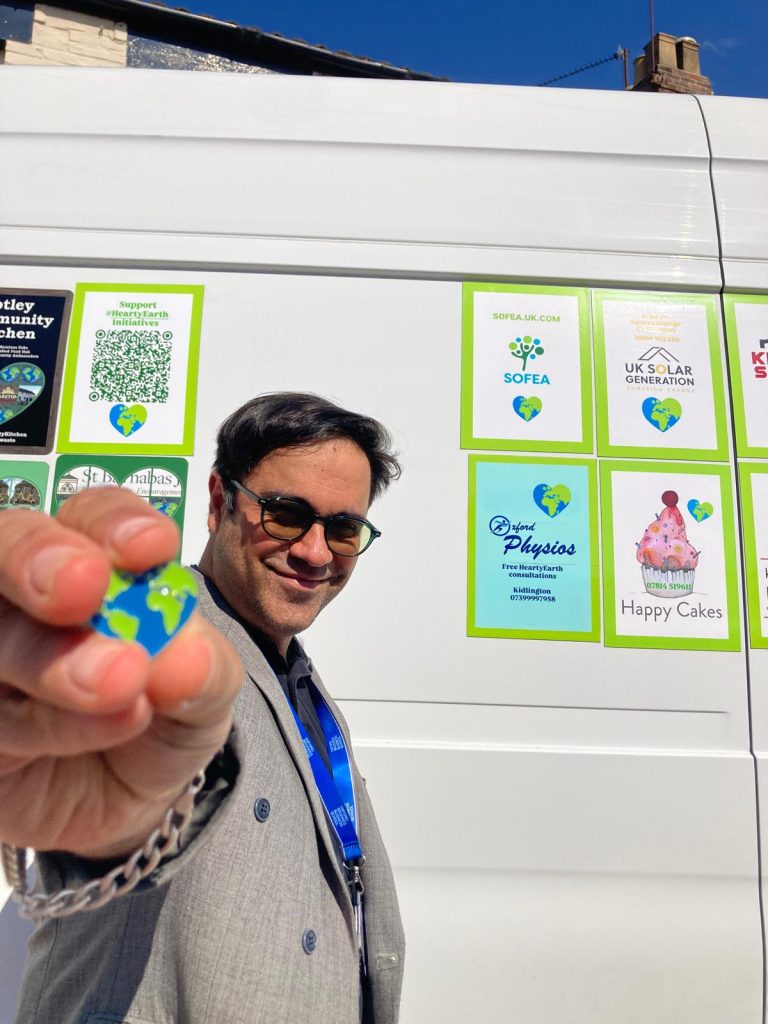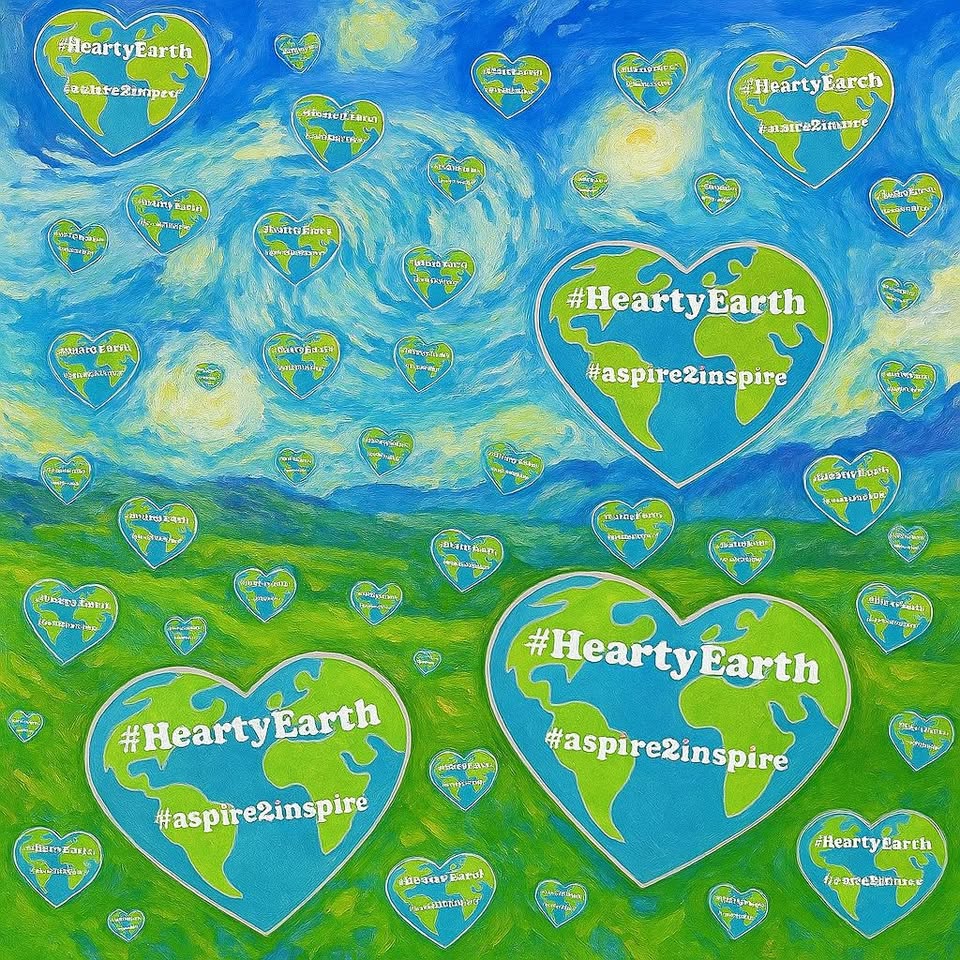It’s 3:30pm on a Wednesday afternoon, and I’m standing on the corner outside the Westgate Hotel in Botley. This is where you’ll find one of Oxford’s unsung heroes—Dr Saman Jamshidifard—most days, unloading crates of food into one of the city’s community fridges. Sure enough, an electric sprinter van swings into view, its sides plastered with logos from flooring companies, cafes, laundrettes, and other local businesses. These are not sponsors, Saman tells me later. They’re partners.
Saman jumps out of the van beaming with energy. Before I can ask a question, I’m helping unload frozen cookie dough, surplus peppers, tubs of yoghurt, and boxes of lettuce. Another volunteer joins us. This fridge, donated by a local company, sits inside a small room provided free by the hotel.
“This is not ordinary surplus,” he explains. “This is what I call surplus surplus—the stuff even surplus charities throw out. I don’t touch food already destined for other charities. I collect what’s about to be binned.”
Once we’ve cleared the van, we sit down in the Westgate Hotel Garden for a well-earned lemonade. I ask Saman to estimate how much food this single fridge has saved. He thinks it’s around five tonnes in the last three months alone. But he’s quick to point out he’s less interested in numbers than in people—and the ripple effects his initiatives generate.
Five initiatives, zero budget
In the past five years, Saman has launched five community initiatives across Oxford: community fridges, hot meal services, surplus redistribution, bike repair and exchange, and community ambassador awards. Each started without any formal funding. Several now operate with a network of 50–60 volunteers. Some have lasted, some have fizzled out, but every one of them has left a mark.
One of his most beloved projects is Surplus Curry, which began in a pub kitchen lent during off-peak hours. Using surplus ingredients from food banks, Saman and his volunteers cooked hundreds of meals a week, distributing them for free.
Elsewhere, Feel Good Bikes—an informal exchange program—started when Afghan refugees told him they had jobs but no transport. Saman asked Facebook for bikes. People responded. Now, a rack outside his home overflows with donations.
Each of these projects feeds a network of other initiatives—volunteers repurpose cake scraps into desserts, others run art projects for kids using recycled packaging. It’s a ripple effect, or as Saman puts it: “Reciprocity in motion.”
The power of partnerships
At the heart of Saman’s work is a unique skill: the ability to build partnerships and leverage reciprocity for the greater good. For the Hearty Earth initiative, he approached the Westgate Hotel for a space to house a fridge. They said yes. A local flooring expert donated time and materials to refurbish the room. Others offer kitchen space, cooking skills, publicity, time, or storage.
His secret? Strategic partnerships.
“You have to offer value first. I say, ‘I bring community goodwill, a crowd, and social media attention. Do you want organic marketing?’ Then they’re open.”
This value-first approach has unlocked closed doors across Oxford. By engaging partners who can mutually benefit from his initiatives—whether it’s pubs and cafés that enjoy increased foot traffic, local businesses that receive valuable community exposure, or Duke of Edinburgh students building their CVs—Dr Saman skillfully creates win-win partnerships that deliver lasting benefits across the city.
Advice for changemakers
As our conversation winds down, I ask Saman for his advice for anyone wanting to have a positive impact on their community with little to no budget:
- Think global, act local. Be aware of global crises, but don’t ignore your neighbourhood.
- Be the change. You don’t need drastic lifestyle changes. Start with two hours a week.
- Do what inspires you. Pick something that helps you grow. If a project nourishes you, it will nourish others.
The partnering effect
The Partnering Initiative is proud to support Hearty Earth, and even prouder to call Saman a partner. His work reminds us that partnership is not always about funding or formal structures. It’s about shared purpose, mutual value, and showing up.
Saman doesn’t run a registered charity. He doesn’t have staff or funding rounds. What he does have is trust, creativity, and an infectious belief that everyone can contribute.
“Most communities need people, not pounds,” he tells me. “What I do doesn’t take money—it takes effort.”
And with that, he’s off again, waving as another volunteer arrives. There’s more food to unload, more people to feed, and—if you ask Saman—still so much more to do.
To find out more about Hearty Earth, please visit their Facebook page and website.


